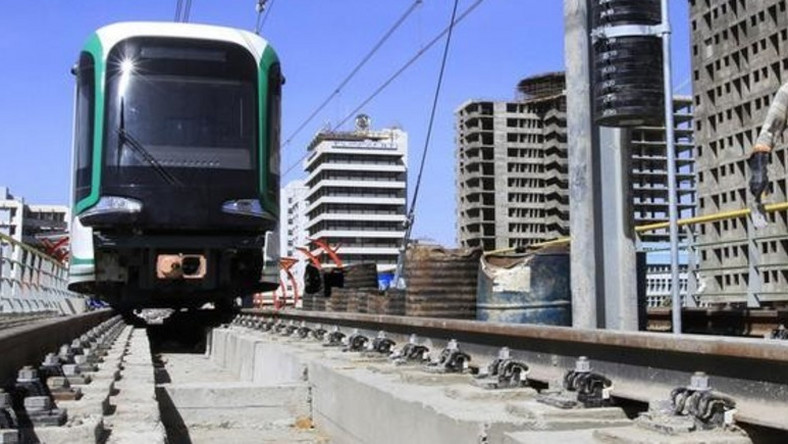Ethiopia is on course to become Africa’s fastest-growing economy as a result of various development projects by the East African nation. Apart from this, the International Finance Corporation (IFC), an arm of the World Bank Group is also playing a vital role to support companies and the economy.
In a December 2018 issue, IFC said it is significantly expanding its investments in Ethiopia. In the last five years, the finance group has provided $452 million in new investment commitments across agribusiness, financial, manufacturing, and other sectors while delivering advisory services that support leasing and financial infrastructure and improve the investment climate.
“In Ethiopia, IFC’s work will help expand credit and trade and create markets, while mobilizing private financing that can become a more important factor toward diversifying the country’s economy,” said IFC CEO Philippe Le Houérou, who recently visited the country.
Some of the indices that show the country is marking a giant stride across Africa can be seen in some of the most successful companies.
IFC cited Habesha Breweries, based in central Ethiopian City, introduced two years ago and has expanded three times with its newly introduced Habesha beer with an aspiration to become Ethiopia’s leading brand.
Habesha’s growth plans have been “curtailed by the country’s depreciating currency and competition from global brands such as Heineken and Castle.”
“We are really trying to keep up with the big boys,” said Jort Crevels, Habesha’s finance director. “With IFC’s support, we have no reason not play in that league.” IFC is planning to provide a syndicated-loan facility of up to €70 million to support the company’s €131 million expansion. Habesha aims to increase production nearly eightfold to 4.5 million hectoliters – or almost 119 million gallons of beer – within five years.
To shove up forex risks for investors, IFC signed an agreement with Ethiopia’s central bank to expand trade and local-currency financing. It also entered a multi-year partnership with the central bank to strengthen Ethiopia’s nascent credit-reporting system. “This is part of a broader effort by IFC to support Ethiopia by helping create new markets for private investors,” IFC said.
Since Abiy Ahmed became the country’s prime minister in April 2018, he has been changing the face of the second-most populous nation in Africa. From releasing prisoners, promoting peace with Ethiopia’s former enemy, Eritrea, and with the hope of opening up the economy for potential investors.
He has also recently slashed ministerial positions and made an unprecedented move by constituting a new cabinet that is half female with Sahle-Work Zewde as the country’s president after Mulatu Teshome stepped down in October.
Source: Pulse




